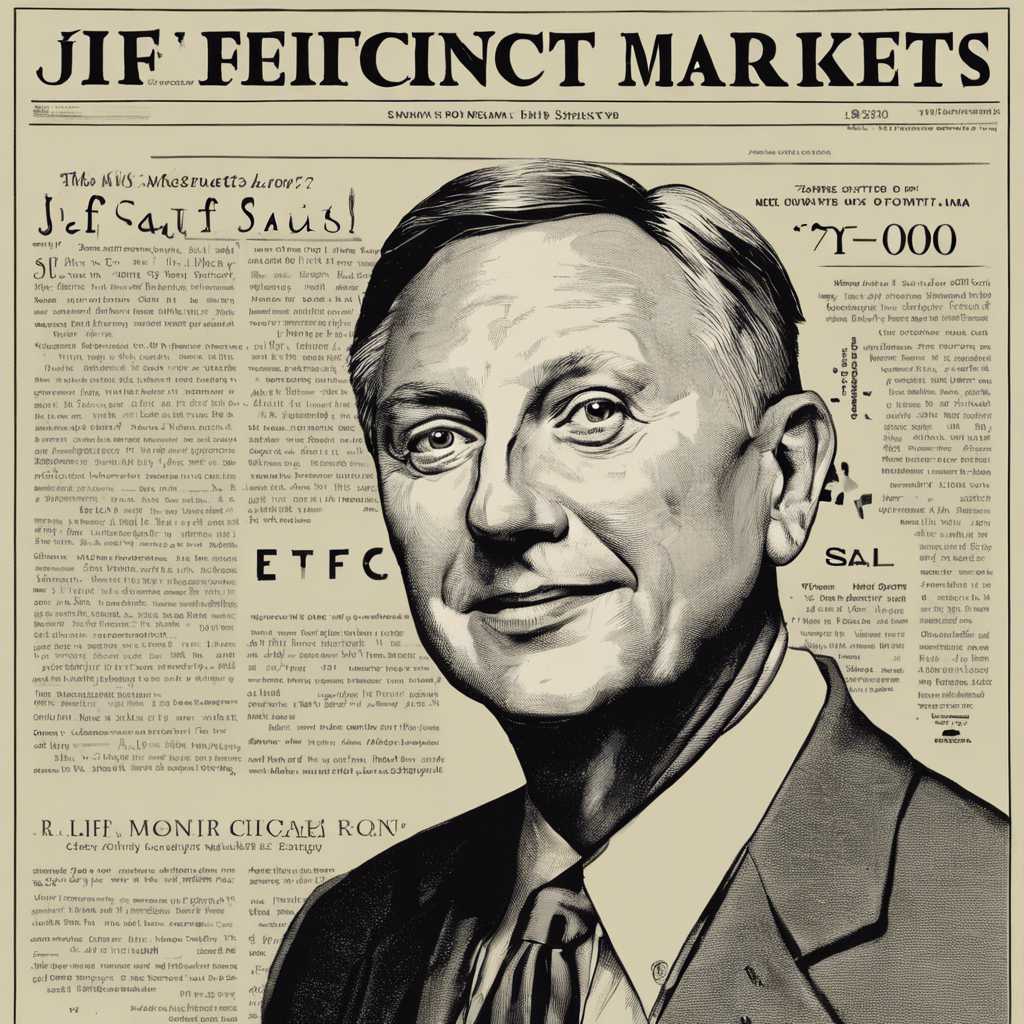Jeff Saut, Chief Market Strategist at Raymond James kindly mentioned my Cisco article in his weekly letter:
Efficient Markets?!
May 31, 2011
“Markets are efficient, or so we’ve been told. I am not here to put a rebuttal to this academic nonsense, but let me give you one of the core reasons why markets are and will remain inefficient: because human beings are efficient. To function in everyday life, our brains are used to simplifying complex problems, through pattern recognition. We become accustomed to drawing straight lines when we see two points, and if we get a third or fourth point that fits the line, our confidence about the longevity (continuity) of the line increases exponentially. We become excited, even certain, about prospects of the company we’ve invested in when its stock has gone up for a long period of time, while we often dismiss stocks that have declined or flat-lined, especially if that happened for a considerable period of time.”
. . . Vitaliy Katsenelson, CIO of Investment Management Associates
I met Vitaliy Katsenelson, professor, portfolio manager, and author of “The Little Book of Sideways Markets,” years ago at a Minyanville Festivus gathering. We became kindred spirits, for it was following the September 1999 Dow Theory “sell signal” that I opined the stock market was likely going to trade sideways, in a wide swinging trading range, for years just like it did between 1966 and 1982 following the secular bull market of 1949 – 1966. That is the history of equity markets, for after e-v-e-r-y secular bull market the indices have always traded sideways for a very long period time. While the 1966 – 1982 stock market sojourn sure didn’t “feel” sideways at the time, an index investor still failed to make a dime over that 16-year period. Obviously, the past 11 years have demonstrated the same point in spades. However, that does not mean you can’t make money in a sideways market. Indeed, just like Peter Lynch compounded money at better than 20% per year in the 1966 – 1982 affair, our annual Analysts’ Best Picks list has compounded money at better than 19% per annum over the past 10 years. The “trick” is to be more proactive (or tactical) in your investment approach, be sector and stock specific, and cut your losses quickly.
I revisit this sideways market theme today for a number of reasons. Firstly, because despite all the market’s shuckin’ and jivin’ over the past few weeks, the S&P 500 (SPX/1331.10) has not traveled more than 13 points either side of 1330 on a closing basis (read that as sideways). Secondly, the “sell in May and go away” crowd has become emboldened by softening economic statistics, the sideways stock market, and the fact that every week in May has been a down week. Yet as the insightful Bespoke Investment Group writes:
“So what does the S&P 500 do following a month where every week is down? Looking at average returns, the S&P 500 tends to rally over the following one and three months, with above average returns compared to all [other] one and three month periods.”
Thirdly, I got into a heated discussion last week with a portfolio manager (PM) who insisted markets are efficient and that you can’t “time” the markets. As Vitaliy writes, “I am not here to put a rebuttal to this academic nonsense, but let me give you one of the core reasons why markets are and will remain inefficient: because human beings are efficient.” Indeed, if markets were always efficient, you would not have had Select Comfort (SCSS/$16.19/Strong Buy) selling for $0.25 per share in January 2009. Manifestly, at major inflection points markets are anything but efficient. Vitaliy goes on to use Cisco (CSCO/$16.46/Market Perform) as an example:
“Cisco has shattered the dotcom dreams of many investors in the years following 1999, when it hit $80 a share and, for a brief moment, was one of the most valuable companies in the world, sporting a modest P/E of 100+. Since then, gravity has caught up with Cisco’s stock, and it has declined almost 80% from its highs, to $17. Most investors who bought the stock since ’99 either lost or made no money. Draw a straight line through its chart (you have more than a decade’s worth of data points), and you see it’s either going to zero or at least will continue to go nowhere. Now, you add to this performance a few quarters of disappointing Wall Street guidance, and you have an untouchable, un-recommendable stock.”
To be sure, at downside and upside inflection points, stocks are anything but efficient. As my father says, “The stock market is fear, hope and greed only loosely connected to the business cycle.” Yet, to be a successful investor, one must also be able change their views for the changing causal relationships. Sticking with the Cisco example, over the past few years Cisco has made a huge strategic mistake by moving into the data center business. Before that Cisco was known for its prowess in the switching and router business. When a customer wanted servers, Cisco used Hewlett Packard (HPQ/$36.96/Outperform), or some other manufacturer. Not so anymore. Cisco went on an acquisition binge and now competes with many of its previous customers and in the process has alienated them. Accordingly, some of them have gone into Cisco’s business. Hewlett Packard is a perfect example. HPQ bought 3Com and now competes head-to-head with Cisco’s switching/router products. Meanwhile, Juniper (JNPR/$37.05/Market Perform) is also taking market share from Cisco. As Vitaliy concludes, “Draw a straight line through its chart and you see it’s either going to zero or at least will continue to go nowhere.” ….









0 comments